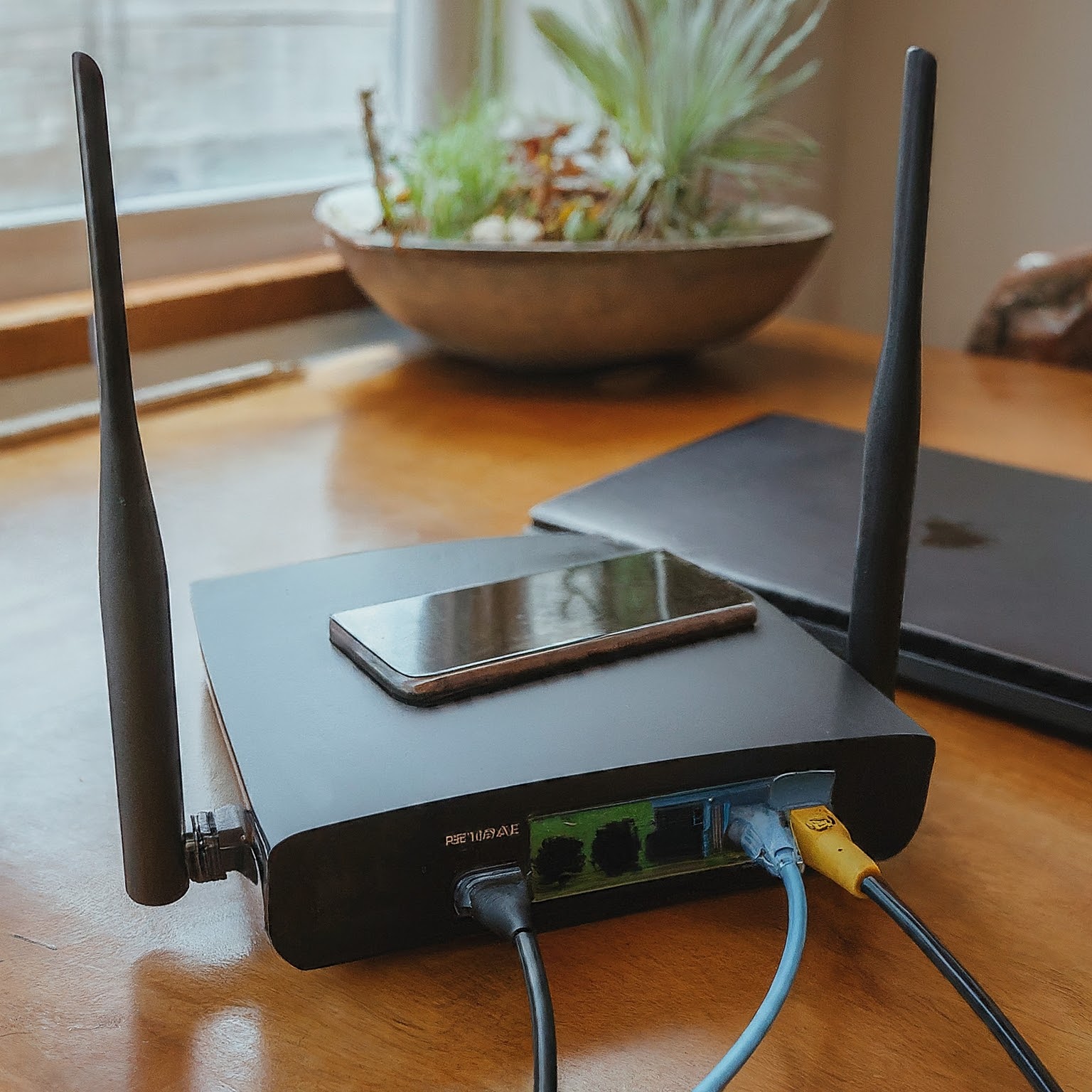In today’s hyper-connected world, where seamless and high-speed internet access is a necessity, internet fiber has emerged as the gold standard for connectivity. Its unmatched speed, reliability, and bandwidth capabilities have made it the preferred choice for individuals, businesses, and communities alike. This exclusive article delves deep into the world of internet fiber, exploring its technology, benefits, applications, and impact on various sectors. We’ll also address common questions and concerns, providing a comprehensive understanding of this transformative technology.

Understanding Internet Fiber
What is Internet Fiber?
Internet fiber refers to a broadband internet connection that utilizes fiber-optic cables to transmit data using light signals. These cables, made of thin strands of glass or plastic, are capable of carrying vast amounts of data at incredibly high speeds, far surpassing traditional copper-based connections.
How Does Internet Fiber Work?
Internet fiber technology operates on the principle of total internal reflection. Light signals are transmitted through the fiber-optic cables, bouncing off the inner walls of the cable and traveling long distances with minimal signal loss. This allows for faster and more reliable data transmission compared to copper cables, which are prone to signal degradation over long distances.
Key Advantages of Internet Fiber
- Blazing-Fast Speeds: Internet fiber offers symmetrical upload and download speeds, often reaching gigabit levels. This means you can download large files, stream high-definition videos, and engage in online activities without experiencing lag or buffering.
- Unmatched Reliability: Fiber-optic cables are immune to electromagnetic interference, ensuring a stable and consistent connection even in adverse weather conditions or areas with high electrical noise.
- High Bandwidth Capacity: Internet fiber can handle massive amounts of data traffic, making it ideal for businesses, educational institutions, and communities with high bandwidth demands.
- Low Latency: The speed of light enables fiber-optic connections to have incredibly low latency, resulting in minimal delays during real-time applications like online gaming and video conferencing.
- Future-Proof Technology: Internet fiber is a future-proof technology that can accommodate the growing demands of the digital age, ensuring your connection remains fast and reliable for years to come.
Applications of Internet Fiber
The versatility and capabilities of internet fiber make it suitable for a wide range of applications, including:
- Residential Internet: Internet fiber provides homeowners with lightning-fast speeds, allowing them to enjoy seamless streaming, online gaming, and smart home automation.
- Business Connectivity: Businesses rely on internet fiber to power their operations, from cloud computing and data storage to online collaboration and customer relationship management.
- Education and Research: Educational institutions and research facilities leverage internet fiber to facilitate remote learning, access online resources, and conduct data-intensive research.
- Healthcare: Internet fiber enables telemedicine, remote patient monitoring, and the secure transmission of medical records, improving healthcare access and efficiency.
- Smart Cities: Internet fiber forms the backbone of smart city infrastructure, enabling connected devices, intelligent transportation systems, and efficient energy management.
The Impact of Internet Fiber
The widespread adoption of internet fiber is transforming various sectors, driving innovation, and improving quality of life.
- Economic Growth: Internet fiber infrastructure investments stimulate economic growth by creating jobs, attracting businesses, and fostering innovation.
- Education and Skill Development: Access to high-speed internet through internet fiber enables students to access online educational resources, participate in virtual classrooms, and acquire digital skills.
- Healthcare Accessibility: Internet fiber facilitates telemedicine and remote healthcare services, improving healthcare access in rural and underserved areas.
- Environmental Sustainability: Internet fiber consumes less energy than traditional copper-based connections, contributing to a greener and more sustainable future.
Frequently Asked Questions (FAQs)
- Is internet fiber available in my area?
The availability of internet fiber varies depending on your location. You can check with your local internet service providers (ISPs) to see if they offer fiber-optic internet services in your area.
- How much does internet fiber cost?
The cost of internet fiber varies depending on your location, the chosen ISP, and the speed and plan you select. Generally, fiber-optic internet plans tend to be more expensive than traditional broadband plans, but the superior speed and reliability often justify the higher cost.
- Is internet fiber difficult to install?
Installing internet fiber typically requires professional assistance, as it involves running fiber-optic cables from the street to your premises. However, once installed, fiber-optic connections are generally low-maintenance and provide a hassle-free experience.
- Is internet fiber faster than cable internet?
Yes, internet fiber is significantly faster than cable internet. Fiber-optic cables offer symmetrical upload and download speeds, often reaching gigabit levels, while cable internet speeds are typically asymmetrical and limited to a few hundred megabits per second.
- Is internet fiber worth the investment?
If you require high-speed, reliable internet access for your home or business, internet fiber is undoubtedly worth the investment. Its unmatched speed, reliability, and bandwidth capabilities make it an ideal choice for those who rely on the internet for work, education, entertainment, or communication.
Conclusion
Internet fiber represents the future of connectivity, offering unparalleled speed, reliability, and bandwidth capabilities. Its transformative impact is evident across various sectors, from education and healthcare to business and smart cities. While the initial investment might be higher than traditional broadband options, the long-term benefits of internet fiber in terms of productivity, efficiency, and innovation make it a worthwhile choice for individuals and organizations alike.